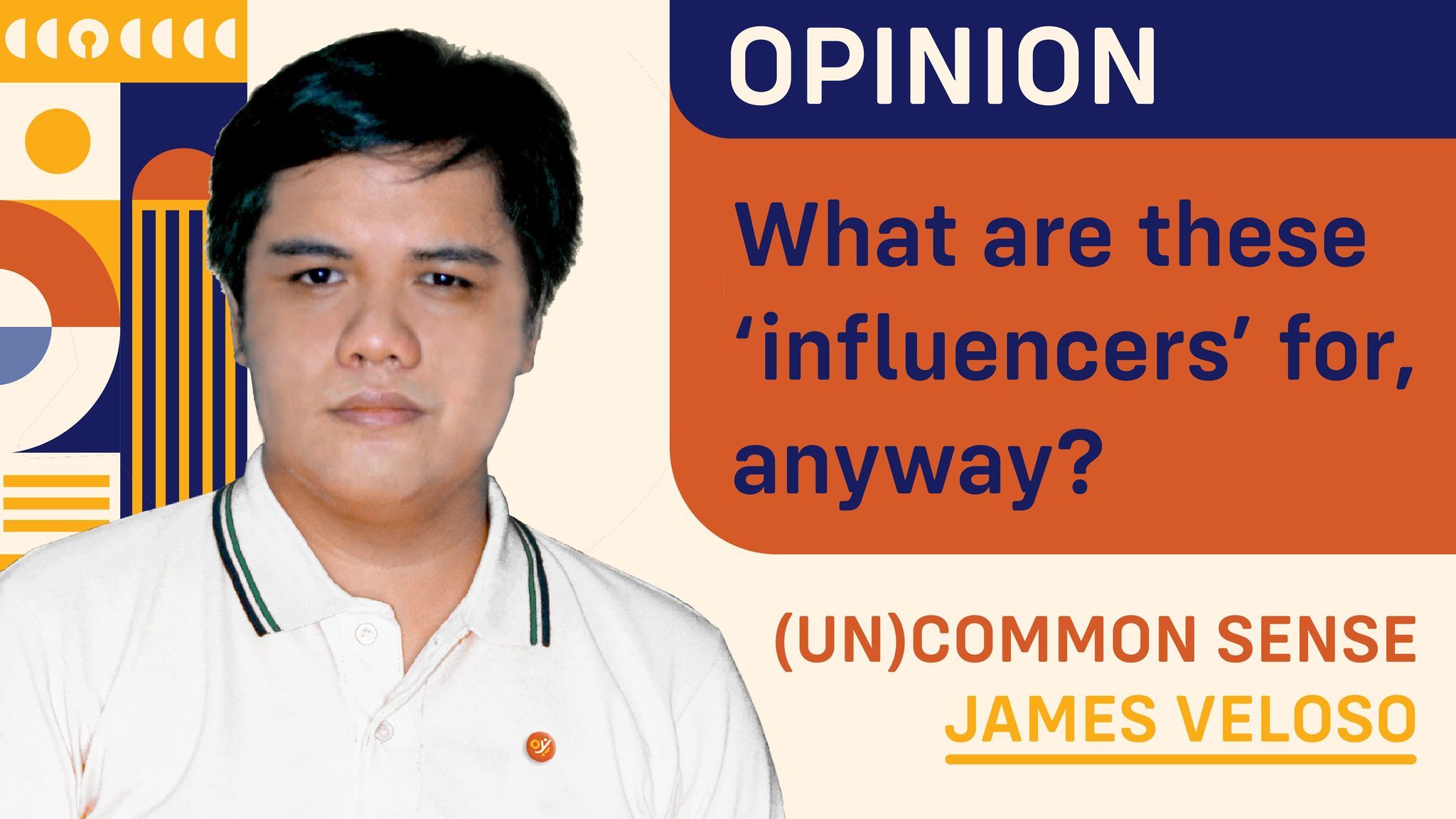The alleged unleashing of paid influencers to bash celebrity and entrepreneur Maggie Wilson came across not as a surprise, but as a sad confirmation to many.
In case you didn’t hear it, Wilson has alleged a coordinated, scripted attack against her and her businesses, purportedly by the camp of her former husband, using paid “influencers” and social media personalities to turn people’s opinion against her.
A few of those influencers later admitted to have received P8,000 to bash her on social media sites such as Tiktok, in what some have called a thinly-disguised attempt to get themselves off the legal action Wilson was preparing against them.
This incident, for me, has confirmed what I’ve always believed: that some people who call themselves “influencers” shouldn’t be even called that.
I mean, what kind of “influence” are these people peddling on social media, anyway?
-o0o-
Here’s something we should ponder, seriously: has the business of “influencing” netizens on social media sunk to a major low?
Social media, we should remember, thrives on algorithms and views – the more people view your content, the more chances you’ll pop up on other people’s feed. That’s especially true with some social media sites such as Facebook or Tiktok, which always push “suggested content” based on what users view on their own feed.
And, unfortunately, as comedian, Michael V. had lamented in his much-commented parody called “Oh Wow,” social media influencers in the Philippines had let their being “famous” go to their heads.
I’m not just talking about the “garbage” content most of these influencers peddle to their viewers, but also recent reports on social media about vloggers calling themselves influencers and demanding restaurants, resorts and other establishments free food or accommodation in return for “exposure” on social media.
I’m afraid many of these so-called influencers have let money and fame distort their role in this world already full of misinformation and disinformation.
Consider this: the Oxford Dictionary definition of “influence” is “the capacity to have an effect on the character, development or behavior of someone or something.
Social media influencers nowadays not only mold public perception and opinion but also affect netizens’ overall behavior, whether on the Internet or in real life.
At sa totoo lang, hindi na mabuting halimbawa ang ipinapakita ng karamihan sa mga influencer na ito.
Instead of facts, most of these influencers have (allegedly) made money spreading fake news and disinformation. Instead of bringing up the positive values of the Filipino, they have thrived on bashing, name-calling, shutting down intelligent discourse and, what I believe, promoting a culture of “agnorance” and “idiocracy” among Filipinos.
Of course, there are some exceptions – one notable case is that of social media personality Arshie Larga, who recently won Creator of the Year at this year's TikTok Awards Philippines.
Larga, a licensed pharmacist by profession, shot to online fame at the height of the Covid-19 pandemic due to dispensing medical information and at the same time encouraging his followers to donate free medicines for those in need.
And he has a solid piece of advice to the people who call themselves influencers: “Let’s be responsible creators and use our clout wisely.”
#UnCommonSense #JamesVeloso #WhatAreTheseInfluencersForAnyway #MaggieWilson #PaidInfluencers #SocialMedia #Facebook #TikTok #MichaelV #ArshieLarga #OpinYonColumn #OpinYon #WeTakeAStand
